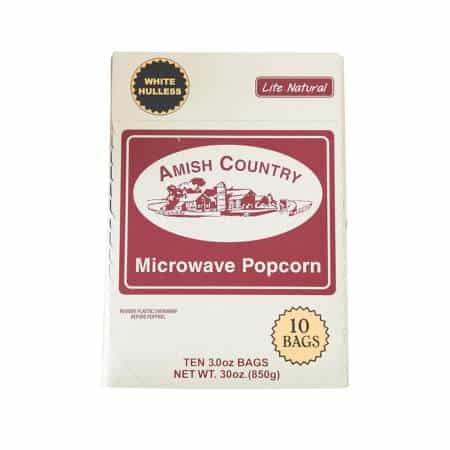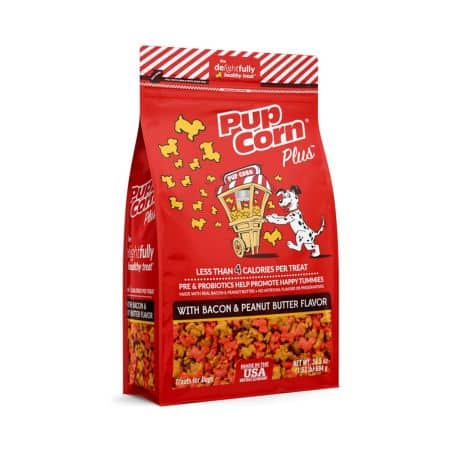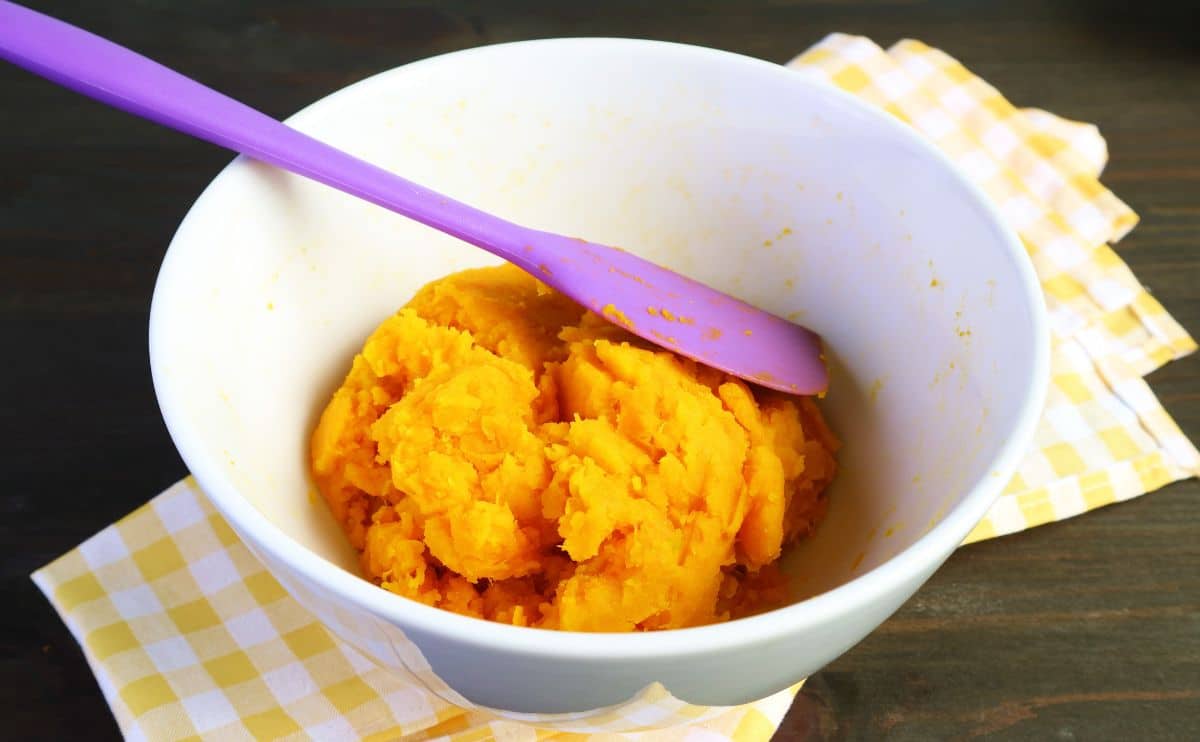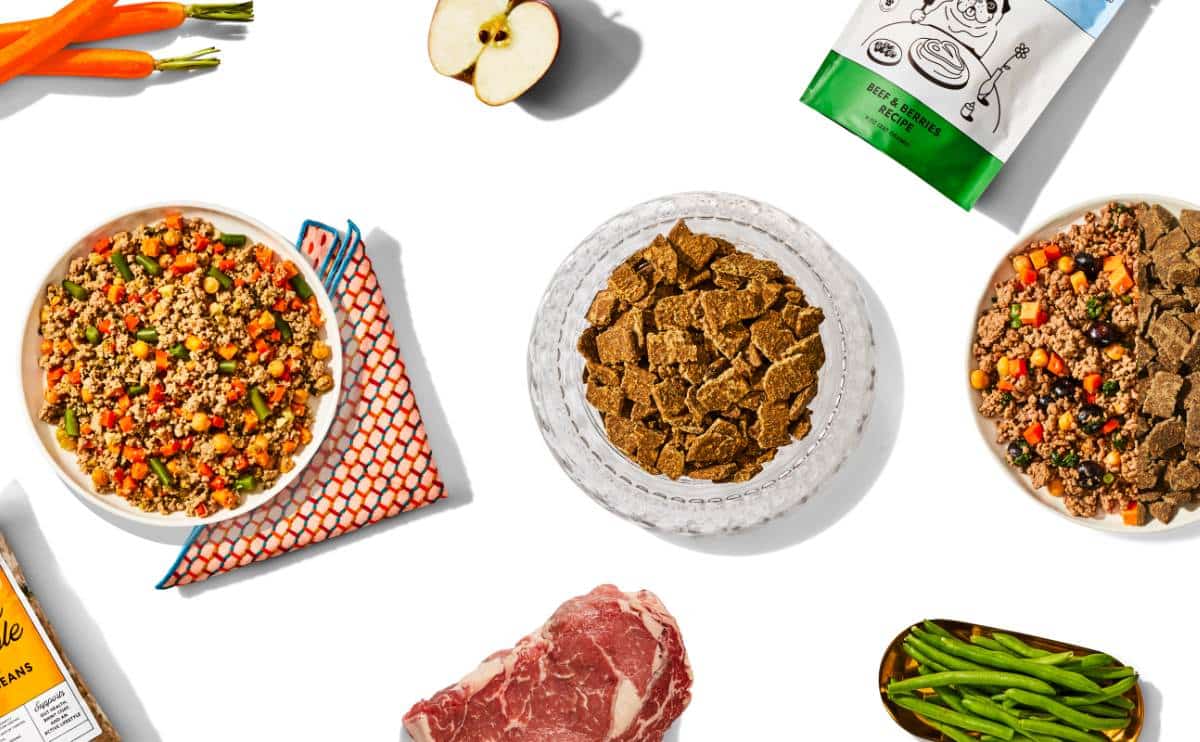Can Dogs Eat Popcorn? A Crunchy Treat Or A Risky Snack?
When you purchase through links on our site, we may earn a commission. Here’s how it works.

My precious pup loves the enticing smell of freshly popped popcorn wafting through the house. Like many dog owners, I’ve wondered if sharing a few kernels with my furry friend is harmless or potentially risky. It’s a tempting thought—after all, popcorn seems like a light and simple snack, and it’s hard to resist those puppy-dog eyes when they’re begging for a taste. But before you toss a piece to your pup, it’s important to consider whether popcorn is truly safe for dogs.
Table of Contents
The History Of Popcorn
The history of popcorn is a fascinating journey that dates back thousands of years, showcasing its evolution from an ancient snack to a modern-day favorite.
Ancient Origins
Popcorn is believed to have originated in the Americas, with evidence suggesting it has been enjoyed for more than 5,000 years. The oldest popcorn ever discovered was found in a cave in New Mexico in around 1940 and is estimated to be around 5,600 years old. Indigenous peoples of North and South America cultivated corn and discovered that certain kernels, when exposed to heat, would puff up and create the crunchy treat we now know as popcorn.
Popcorn played a significant role in the diets and culture of ancient peoples. In Aztec society, popcorn was used not only as food but also for decoration and ceremonial purposes. Aztecs made garlands and headdresses out of popcorn to honor their gods. Native Americans introduced popcorn to European settlers, who embraced it as a new and exciting snack.
Popcorn In The 19th Century
In the 1800s, popcorn became increasingly popular in the United States. Early methods of popping included heating kernels in pans over open flames, a labor-intensive process. The invention of the popcorn maker by Charles Cretors in 1885 revolutionized popcorn production. His steam-powered machine allowed for easier, more consistent popping and was a game-changer for popcorn vendors. It wasn’t long before popcorn was sold at fairs, carnivals, and on street corners, solidifying its place as a beloved treat.
The Rise of Movie Theater Popcorn
Popcorn’s association with movie theaters began in the early 20th century. During the Great Depression, popcorn was an inexpensive luxury that people could afford even in tough economic times. Enterprising vendors sold popcorn outside theaters, and eventually, theater owners recognized its profitability and brought the snack inside. By the 1930s, popcorn had become a staple of the moviegoing experience.
Microwave Popcorn Revolution
The next major leap in popcorn’s history came in the 1980s with the introduction of microwave popcorn. Convenient and easy to prepare, microwave popcorn brought the theater experience to living rooms around the world. It quickly became a favorite household snack and cemented popcorn’s reputation as a go-to treat for movie nights and casual snacking.
Popcorn Today
Today, popcorn is a global phenomenon enjoyed in countless ways. From buttered and salted classics to gourmet flavors like caramel, cheddar, and truffle, popcorn has evolved into a versatile snack for all occasions. It continues to be a symbol of comfort, nostalgia, and shared experiences, whether at the movies, a carnival, or simply at home.
Popcorn’s journey from ancient times to modern-day snack aisles is a testament to its timeless appeal and adaptability. Its rich history adds to the joy of enjoying a bowl of this simple yet delightful treat! But is it safe for dogs too?
Is Popcorn Bad For Dogs?

The answer isn’t as straightforward as you might hope. At first glance, popcorn seems like a harmless treat. It’s just puffed corn, right? However, the details matter. The way popcorn is prepared and served plays a significant role in whether it’s a safe snack for your dog. Plain, air-popped popcorn in moderation may be acceptable, but heavily buttered, salted, or flavored varieties can pose health risks. Additives like caramel, cheese, or artificial flavorings can upset your dog’s stomach or lead to more serious issues. Buttered popcorn is also not ideal either (more on that below).
Even plain popcorn isn’t without its potential hazards. Small, unpopped kernels can be a choking hazard, especially for smaller dogs. Even popcorn with large hulls (the corn seed or popcorn kernels) can be somewhat dangerous for pets with much smaller throats than us as it could be a choking hazard. The corn itself is fine, but the kernels may get stuck between teeth, possibly scrape the throat, or even get lodged in the dog’s airway, making it an unsafe food for dogs to eat regularly. These hard kernels can also cause dental damage or get stuck in a dog’s gums, leading to discomfort or infection.
Additionally, while popcorn itself isn’t toxic, feeding too much—even the plain kind—can contribute to weight gain or digestive issues in dogs, as it offers little nutritional value.
Ultimately, while the occasional plain popcorn kernel might be okay as a rare treat, it’s not the best snack choice for dogs. There are far healthier and safer options to satisfy your pup’s cravings, such as carrot sticks or specially formulated dog treats. Always err on the side of caution when sharing human foods with your dog and consult your veterinarian if you’re unsure about introducing a new treat.
Other Health Risks
Of course, there are other factors to keep in mind, such as the salt or butter that’s often added to popcorn. These extras only really serve to make the snacks taste better for people, but it’s best to keep them away from your pet.
They aren’t immediately dangerous like kernels. However, they are unhealthy additives that can diminish a pup’s health over time. Be wary of potentially harmful ingredients and additives when giving your canine friend snacks.
Too much salt, butter, or other unhealthy popcorn additives can cause:
- Digestive issues
- Diarrhea
- Dehydration
- Kidney damage
- Obesity
Our Personal Experience With The Safest Way To Give Dogs Popcorn

Plain popcorn that is air-popped is the safest popcorn for your dog, but it still needs to be in moderation. Popcorn shouldn’t be an everyday treat for your dog. But on occasion, if you decide to treat your dog to some, it should be plain and air-popped (no oil).
My dog, Sally, loves it when my family makes popcorn. We make a game out of it and toss it to her to catch. She’s terrible at catching food with her mouth, but it’s still fun to cheer her on in the off-chance that she does catch one. We monitor how much we give her to avoid causing an upset stomach or other issues. We also try to avoid giving her any with butter and salt on it; we give her plain, air-popped popcorn only.
Nutritional Aspects Of Popcorn For Dog
Popcorn is relatively high in fiber, which can be beneficial for a dog’s digestive health in moderation. However, too much fiber can lead to gastrointestinal issues like diarrhea or constipation.
What Is Hulless Popcorn? Is It Safe?
Perhaps you’ve heard of kernelless (aka hulless) popcorn. The name is a little misleading because every corn kernel has a seed, and thus, every piece of popcorn has a kernel. However, not all popcorn is created equal, and hulless popcorn has a smaller kernel, which is more tender than your average corn kernel, making it a safer option for you and your pup.
A reduced hull size also comes at a steeper price since it’s rarer than your average corn kernels. While hulless is safer than regular popcorn, it still comes with similar risks.
Is There Special Popcorn For Dogs?
If you are determined to share movie-time snacks with your pup, you may want to try Pup Corn. It’s available in several dog-friendly flavors like cheese, peanut butter, and more. It also contains a bonus of prebiotics and probiotics to aid your pup’s digestion. Pup Corn is also low in fat, calories, and sodium, offering a good alternative to more decadent dog treats.
I almost always have a bag of this in my house for Sally. My kids love giving it to her, and Sally will happily eat as much as they’ll give. I typically give each of my kids a few pieces to give Sally, which is fun for everyone.
Can Popcorn Be Healthy For Dogs?
There are several health benefits to popcorn when it doesn’t get stuck in the teeth or throat. It contains antioxidants that can boost the immune system.
When there’s no salt or butter added, it’s also a low-fat snack. Popcorn can also offer essential vitamins and minerals, like zinc or phosphorus. However, keep in mind that popcorn is not the best way to increase these nutrients for your dog. In fact, you should probably try a doggy multivitamin if you are looking to improve your dog’s nutrient balance. At the end of the day, popcorn is still a snack and should be treated as such.
So, when you weigh the potential health risks versus benefits of popcorn, is it worth treating your pooch to this popped treat? It could be, but perhaps a dog-safe fresh fruit (e.g., banana, pear slices, and oranges) is a more suitable healthy snack with far fewer risks.
With All Snacks, Moderation Is Key
If you take anything away from this, remember that you should give your dog popcorn in moderation, like all snacks. Eating too many snacks is never good for anyone’s health, whether they’re dogs or humans. Want to know which foods are safe for dogs to snack on? Check out our list of foods not to feed dogs, which includes several foods that are dog-approved. And if you want to be extra safe, buy dog treats that are made specifically to enhance your canine buddy’s health.
Watch this dog and his human in a popcorn-eating costume. Watch until the end—it’s hilarious how much willpower the pup has to not eat his human’s popcorn, too!
Why Trust Canine Journal?
Kimberly has written about many dog health issues and treats. She is diligent with what her family gives her dog, Sally, and does her best to ensure nothing dangerous is given to her. One of Sally’s favorite “human food” treats is popcorn. Kimberly knows the balance between providing popcorn to Sally and what kind is safe for her to eat. She has also purchased popcorn alternative treats like Pup Corn, which Sally loves. Besides her personal experience, Kimberly has also spent hours researching popcorn for dogs to ensure her guidance is accurate and safe.





